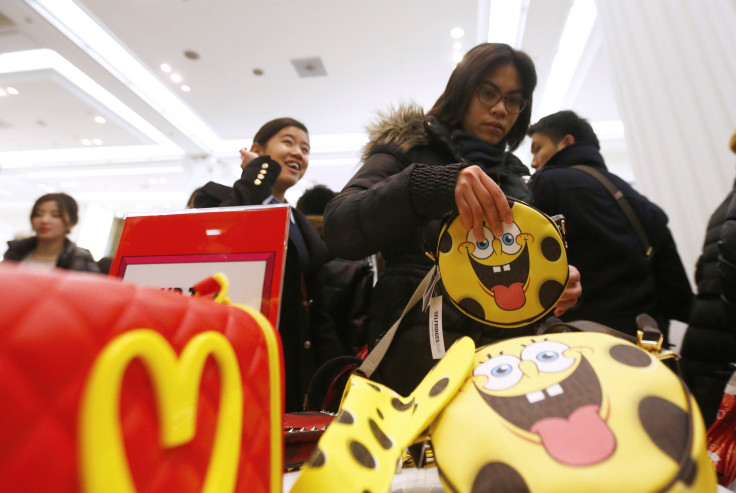UK Retail Sales Soften In December After Black Friday Bonanza

(Reuters) - British retail spending growth slowed in December after consumers splashed out on November's "Black Friday" bargains and prices continued to fall broadly, industry data showed on Tuesday.
The British Retail Consortium said year-on-year retail spending was 1.0 percent higher this December than a year ago, the weakest December growth since 2008 and a sharp contrast with November's 2.2 percent jump.
This year more British retailers adopted the U.S. practice of "Black Friday" discounts in late November, which hurt sales in December, usually by far the strongest time of year.
"Extensive discounting disrupted the timing and rhythm of Christmas spending," said David McCorquodale, head of retail at accountancy firm KPMG, which sponsors the survey.
"Retailers and consumers engaged in a three-week dance, each waiting for the other to take the lead and as a result sales suffered," McCorquodale added, saying that sales only started to pick up when seasonal discounts restarted after Christmas.
The BRC figures match a trend reported by individual retailers such as department store John Lewis.
Falling prices also weighed on spending. Shop prices were down by an average of 1.7 percent in December compared with 2013, the BRC said last week. Broader official data due for release at 0930 GMT is forecast to show consumer price inflation at a 12-year low of 0.7 percent.
Taking lower prices into account, retail sales volumes rose an annual 2.6 percent, the same as in December 2013.
In the fourth quarter, retail spending rose by 1.5 percent, up from 0.9 percent in the third quarter and only a little weaker than the average for the year.
Retail spending on the BRC's like-for-like measure -- which excludes new stores and more closely reflects how stores report sales to shareholders -- were 0.4 percent down on the year.
This compares with economists' forecasts in a Reuters poll for a 0.65 percent rise, and a 0.9 percent rise in November.
There continued to be a big split between supermarkets, which reported lower sales, and stronger growth in other stores.
© Copyright IBTimes 2025. All rights reserved.





















